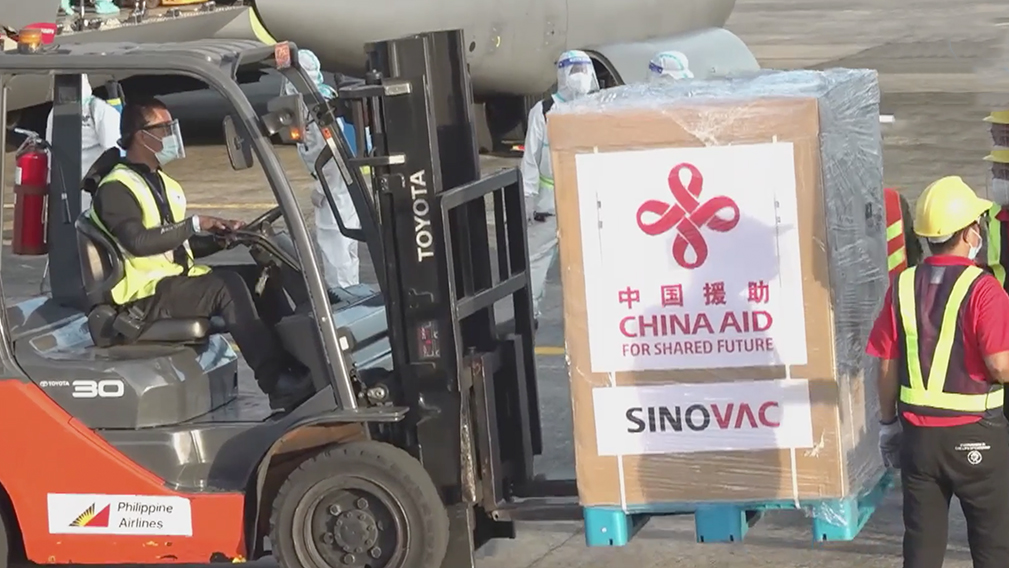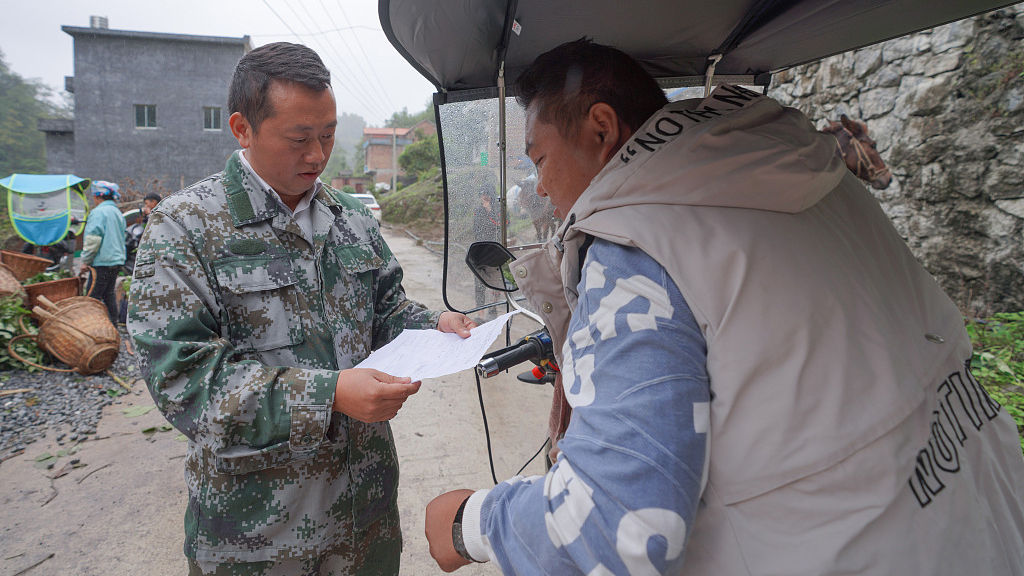The National Committee of the Chinese People's Political Consultative Conference (CPPCC), the country's top political advisory body, held a press conference on Wednesday afternoon ahead of its annual session.
Guo Weimin, spokesperson for the fourth session of the 13th CPPCC National Committee, briefed the media on the session and took questions through video conference due to COVID-19 pandemic response.
The CPPCC will open its session on March 4 at 3 p.m. and conclude on March 10, Guo said.
Amid regular measures to prevent and control COVID-19, this year's session will be shorter than previously planned.
"Last year, we shortened duration, streamlined staffing and streamlined documents. We also combined physical meetings with virtual ones. This year, we will build on past practices and make the program more effective," Guo said.
The upcoming session will discuss the draft plan for the 14th Five-Year Plan and other key political and economic topics.
Read more:
This is China: Is the Chinese People's Political Consultative Conference a 'political flower vase'?
CPPCC proposals were effectively handled in 2020: Spokesperson
06:55

Safety, efficacy of COVID-19 vaccine
The claim that China exports COVID-19 vaccines to expand geopolitical clout is narrow-minded, Guo told the press conference.
China has always put the safety and efficacy of COVID-19 vaccines first, Guo said. Ever since the COVID-19 pandemic struck, China has made vaccine research and development as one of its major tasks, and enormous resources have been poured into vaccine development.
As of February 28, China has administered 52 million vaccine doses. Some foreign leaders have taken Chinese vaccines as well, he said.
China has also provided vaccines to 69 countries and two international organizations, and exported vaccines to 28 countries, Guo said.
08:33

Quality poverty alleviation
"China's political advisory body has given priority to poverty eradication work, which is a vivid manifestation of its commitment to central tasks," Guo said.
"Experts said China's poverty alleviation standard is a comprehensive one and higher than the World Bank's standard of $1.90 per day. The basic living needs of the rural population are met," the senior official elaborated.
The country put in place the "Two Assurances and Three Guarantees" mechanism for poverty-stricken rural residents, which delivers them access to food, clothing, compulsory education, basic medical services and safe housing.
China's poverty alleviation results also include a wide assortment of public services and social security, such as the construction of roads and bridges, as well as access to electricity and the internet, which have changed the production and lifestyles of impoverished farmers and opened their doors to prosperity. It gives them a real sense of gain and happiness, Guo said.
"Despite the remarkable achievement pocketed in poverty alleviation cause, China's development remains unbalanced and inadequate, hence the country is poised to consolidate the gains of poverty alleviation and press ahead with the rural revitalization strategy," added Guo.
"CPPCC members hold that a string of supportive policies and the monitoring-and-assisting mechanism should be maintained to prevent people from falling back into poverty. They believe it is indispensable to prop up employment and distinctive industries in areas that have shrugged off poverty," he said.
(Cover: Guo Weimin briefs the media and takes questions through video link in Beijing, capital of China, March 3, 2021. /Xinhua)

